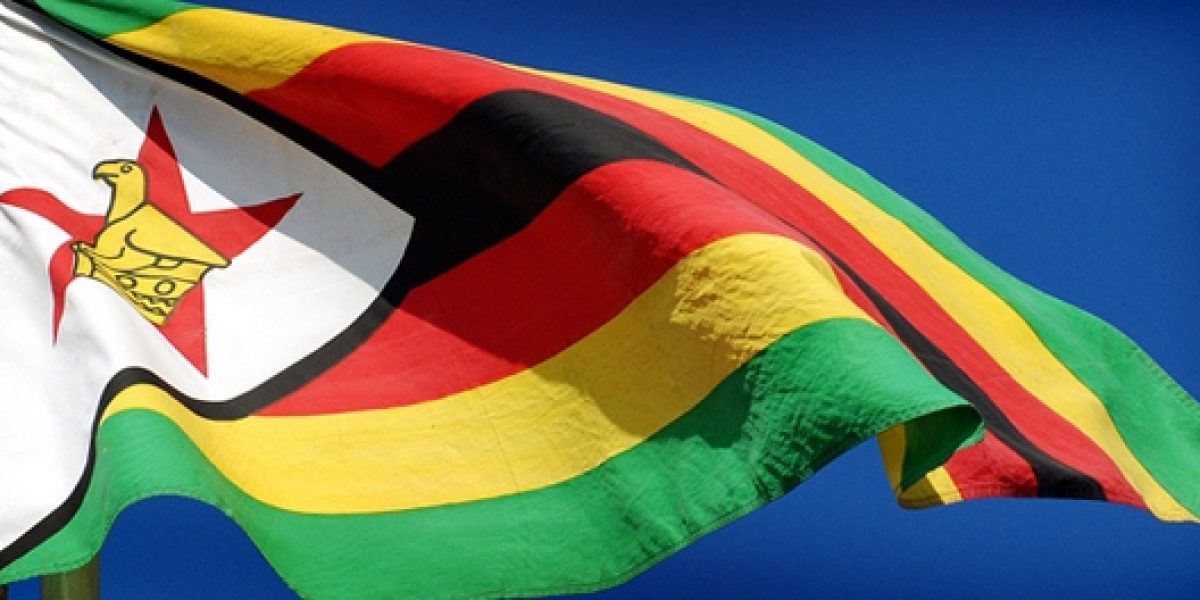Moreover, SADC also expressed concern about the voter-registration period, which was awfully short and potentially excluded eligible voters.
After the last meeting of the Organ on 19 July 2013, President Jakaya Kikwete told reporters: ‘We would have wished that our advice would have been heeded’.
He also went on to say that ‘putting together an election within a month is very stressful’.
South Africa, as the SADC appointed mediator also expressed concern through President Jacob Zuma’s international relations advisor Lindiwe Zulu about the ability of government to hold elections in such a short period of time.
This suggest that the advice of SADC was not heeded by the Zanu-PF leadership and it begs the question as to whether amid all the concerns raised by the regional body, a credible election could take place.
With regard to the political climate preceding it, various observers expressed worry about persistent pro-Zanu-PF bias in the state media and partisan security forces, whose commanders expressed their loyalty to Zanu-PF.
Other worries centred on the voters’ roll, which was meant by law to be released in electronic form to all parties before the poll, but which has still not been made available.
Be that as it may, Zimbabweans went to the polls on 31 July 2013 and attention is focused on the outcome of the polls in the next four to five days.
The picture or scenario that is likely to emerge is far from being an optimistic one. Key figures in Zanu-PF have indicated that their party is going to win the election by a landslide.
For its part, the Movement for Democratic Change under Morgan Tsavangarai has indicated prior to the election itself that Zanu-PF will commit ‘massive fraud’.
What these emerging pictures suggest is a scenario that points to an impasse irrespective of the outcome of the elections. If Zanu-PF wins, MDC-T will argue that the election was rigged ab initio.
Zanu-PF is less likely to accept defeat because even prior to the election itself, it was confident of a victory. All these point to the fact that the political situation in Zimbabwe is more likely to become dire.
Yet, the world and Africa in particular is watching Zimbabwe with the unrealistic hope that one of the key parties to the election will accept defeat graciously, and Zimbabwe will consequently move out of the abyss that has characterised the country’s political economy for the past two decades.
This optimistic Disneyland scenario is not likely. Zimbabwe is at an impasse with very slim chances for its political climate to stabilise.
While the challenges of Zimbabwe are internal (albeit with regional implications) and the solutions to these should be homegrown, both the African Union (AU) and SADC have been very indulgent when it comes to President Robert Mugabe and his ability to get the country back on track.
It was less than helpful for SADC and the AU to express concern about the difficulty of organising credible elections within such a short period of time, yet validate such a process with electoral observers from both bodies. Irrespective of the outcome and bar large-scale evidence, it increasingly sounds difficult for these two bodies to invalidate the electoral outcome.
What is now helpful for SADC is to start to craft alternative scenarios, including ways and means to deal with what will emerge out of the impending deadlock.







